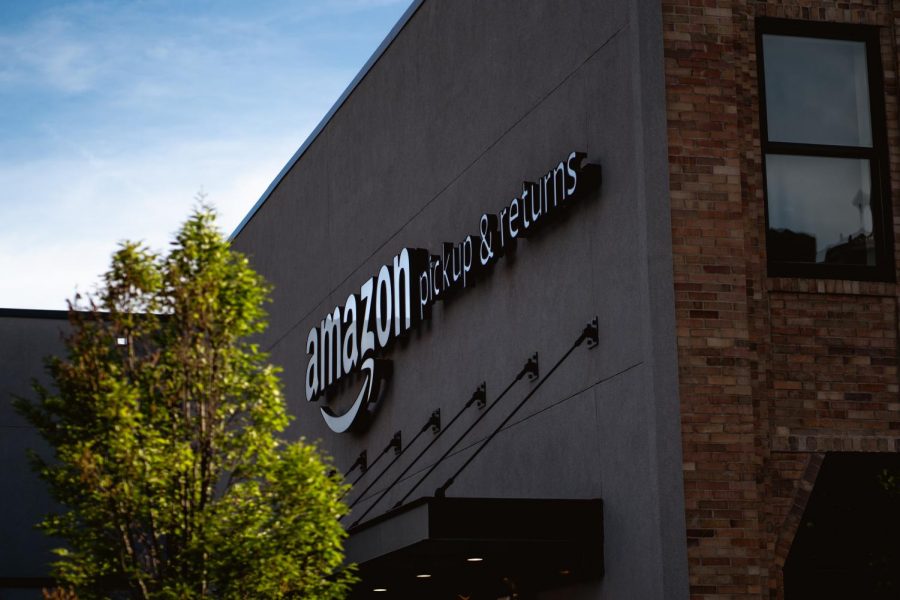Why You Should Not Order Nonessentials from Amazon
Workers protest for Amazon to increase the health and safety conditions of warehouses during the COVID-19 crisis. (Photo/Bryan Angelo/Unsplash)
April 30, 2020
Amazon, the world’s largest retailer, is worth one trillion dollars, yet thousands of its workers live paycheck to paycheck. In the midst of the COVID-19 crisis, they are being forced to work, even though there have been confirmed cases of COVID-19 within the company. Amazon workers are going on strike around the nation, demanding that the conglomerate take note of the health issues in their warehouses, chanting, “Enough is enough!”
Amazon, for many people, is a resource where people shop for things they just want, like phone cases, video game controllers, and books. However, many people fail to realize that there are also hundreds of thousands of people in dire need of essential items (feminine hygiene products, toilet paper, sanitizer, medication, etc.) since they cannot easily get them in stores anymore. In a difficult time like this, should people continue to order nonessential items from Amazon, or is this just unfair to the warehouse workers and those who actually need essential items from Amazon?
Senior George Ma says that “if [he] were CEO, [he] would hire more workers, but also flood money into the health and safety of the warehouses.” Amazon has done a great job prioritizing essentials items for delivery, like by removing the “We Also Recommend” section to ensure that people are buying only what they need. Ma says that he understands “Amazon’s business perspective,” as they need the workers to avoid losing a substantial amount of money. Ma acknowledges that “the workers’ safety is more important than the company’s profit,” but also argues that “the company should not go to the extreme of paying their workers for not doing anything, like Starbucks is doing, as this would not be good for the company or for the U.S. economy.”
On the other hand, Freshman Satviki Vasireddy emphasized that Amazon must make sure their workers are safe. Contrary to what Ma said, Vasireddy explained that Amazon should “ensure that the warehouses are safe.” Additionally, she would “guarantee that workers continue to get their paychecks because it is not their fault they cannot work in a safe work environment.” Currently, Amazon is essentially forcing their workers—who have no other option to make money—to work in unhealthy conditions, which is morally unacceptable. “There is no question that the health, safety, and wellbeing of the workers is far more important than the company making money,” Vasireddy argued.
At the end of the day, the question that Amazon faces is this: Which is more important, the health and safety of the workers or profit? The most ethical answer to this question is that the health and safety of the workers are far more essential than money, because one cannot put a price tag on a human’s life, and Amazon is already one of the only four companies worth a trillion dollars. Amazon is obliged to take care of its workers, who do the hard work while the non-warehouse workers have the luxury of staying at home without worrying about when they will receive their next paycheck. Even if this means that Amazon would lose money, it is still more important because the wellbeing of the workers is more significant than stock prices. Our country would be in a terrible condition if big tech companies like Amazon were immorally coercing their workers to go to work in unsafe warehouse conditions. Therefore, by refraining from buying nonessential items, we will lessen the time that warehouse workers need to risk their health working under poor conditions.








